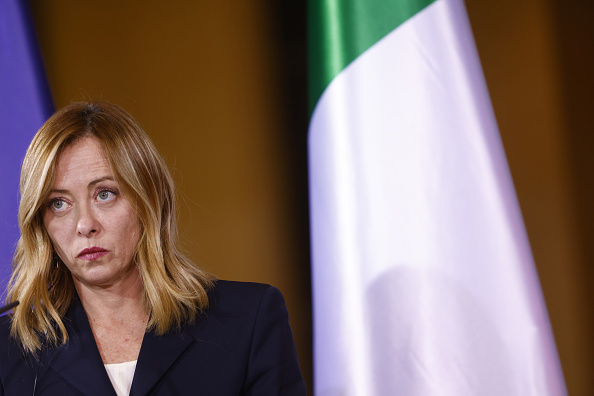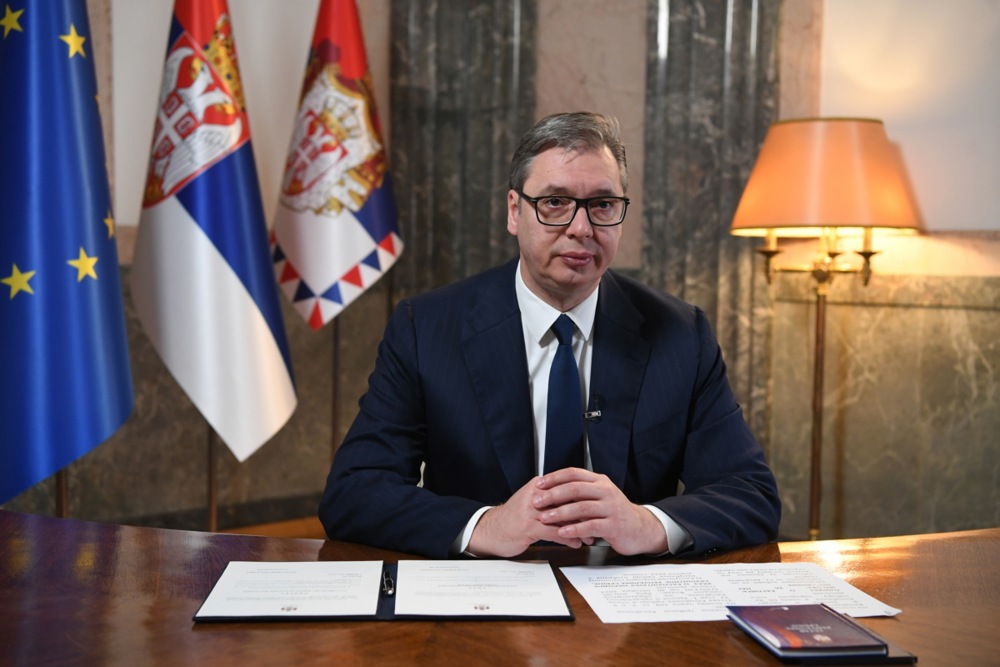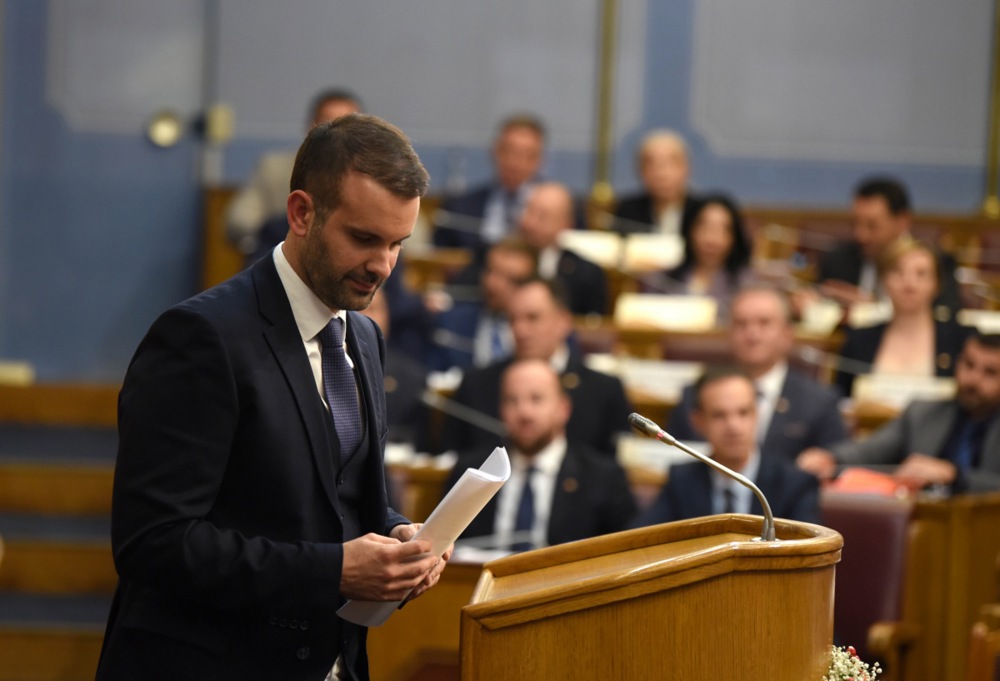Estonia’s Prime Minister Kaja Kallas, a recent rising star due to her effusive support for Ukraine, now faces an increasingly uncertain future amid the European Union’s sharpest recession in years and an unsupportive domestic party.
One third of her Reform party abstained from re-electing her as its leader in a November 18 vote.
On top of that, her apparent exit plan – attempting to succeed Jens Stoltenberg as NATO’s Secretary General – is complicated by new revelations about her husband’s Russian business dealings.
“It is remarkable how quickly the electorate has turned against her and through her the party as well,” Martin Mölder, a political scientist at Estonia’s University of Tartu, told Brussels Signal.
There is “an overall assumption now in the public and in the Estonian media that her days as leader of the party and the PM are numbered and it is only a matter of time before she steps down”, he said.
He added: “Nobody … knows when this is going to happen.”
Peeter Taim, a political scientist and youth worker in the Estonian capital Tallinn, agreed that Kallas “will not have an easy future. She has a growing opposition within her own party”.
Part of her collapse in support stems from Estonia’s economic woes. On November 15, the European Commission forecast that the country would see the EU’s deepest contraction in 2023, at 2.6 per cent.
Weak private consumption amid high inflation, falling investment and depressed overseas demand all play a part.
The forecast is also a gloomier prognosis than that of Estonia’s Baltic neighbours; Latvia will contract by 0.2 per cent and Lithuania 0.4 per cent this year, the EC predicts.
Kallas’ husband’s extensive Russian business dealings revealed in recent months have meant “she has lost her credibility as a strong supporter of Ukraine”, Mölder said.
He added that other areas of politics have not suited her as well as Ukraine has done, either.
“When she talks about Ukraine, that resonated with the voters. When she talks about taxes or teachers’ salaries or energy concerns, she has quite often come across as arrogant or out of touch with reality,” he said.
Despite that, some caution against counting Kallas out. “I would say that Kaja Kallas is consistently underestimated in Estonian domestic politics and media,” said Mats Kuuskemaa, a former Estonian diplomat.
Meelis Kitsing, a political economy professor at the Estonian Business School, said: “It is difficult to see any alternative candidates from her Reform Party.” Although he added that this “may seem like the best of the worst type of argument”.
With 37 places in Estonia’s Parliament of 101 seats, Reform is also “indispensable for any coalition that could form in this Parliament”, Mölder said.
An exit from domestic politics to succeed Stoltenberg as NATO’s chief is considered more unlikely because “she did not handle her husband’s business dealings well”, Kitsing said.
Alongside that, NATO’s “bias against new members is dominant”, he added.
Tallinn businessman Yuriy Jexenev said that Kallas’ fall from recent popularity may have been inevitable to an extent, as people naturally grow “tired of hypocrisy, nepotism, arrogance, corruption and incompetence of politicians”.





